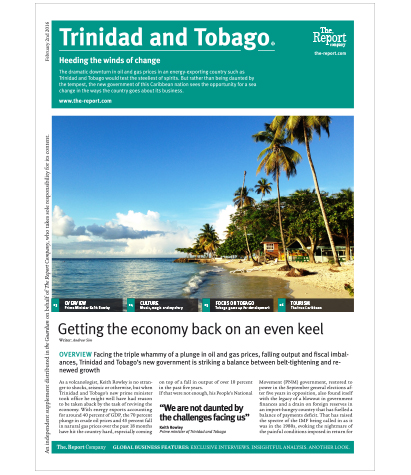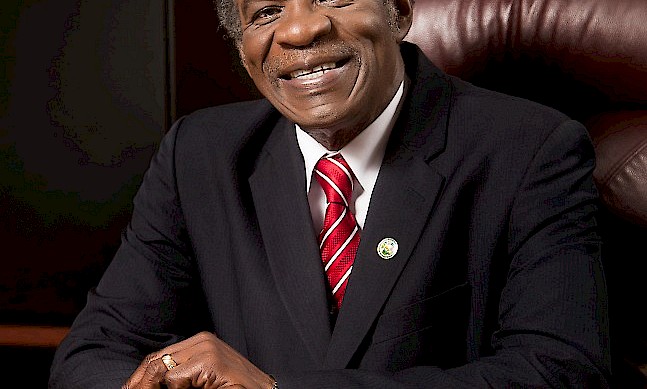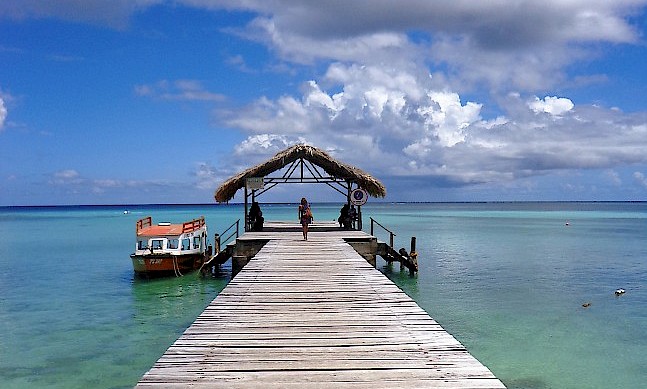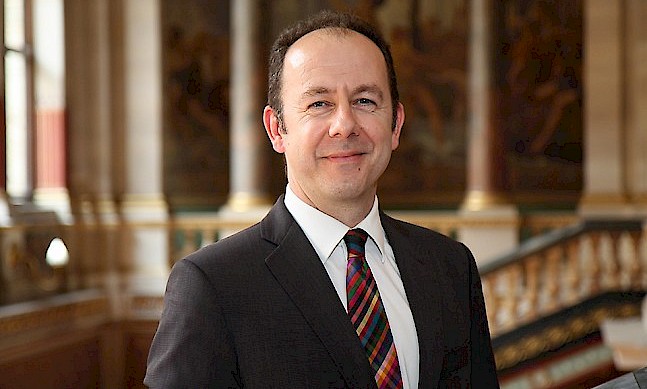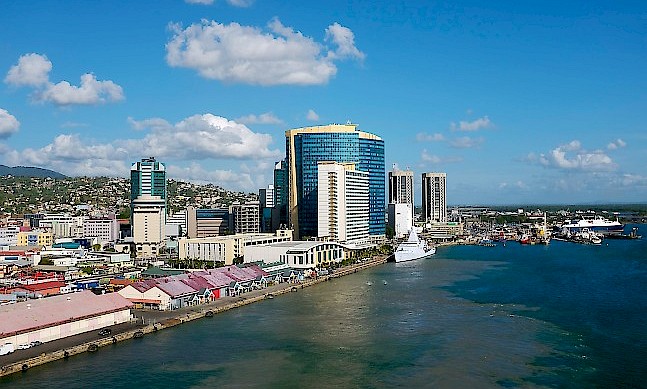While the oil and gas bonanza lasted, Tobago might have had reason to feel its needs had been placed on the back burner. Today, as part of the nation’s drive for economic diversification, developing the peaceful island’s tourism and other sectors in a sustainable manner has become a major focus
To fulfil its potential as a tourist destination, Tobago, a 300 km2 island slightly to the north of Trinidad, is busily upgrading its infrastructure, with the planned construction of a new terminal at the A. N. R. International Airport key. The fact that the local government installed in this autonomous island and the central government in Trinidad are both controlled by the People’s National Movement (PNM) should foster collaboration between the two administrations and possibly open the door for further self-rule for the island, which agreed to unify with Trinidad in 1889. Tobagonians welcomed the fact that 4.4 percent of the 2016 interim budget unveiled by the PNM government in Port of Spain in October was allocated to their island, which is home to less than one percent of the total population.
“We need to maintain the pace of development without undermining those fundamentals that characterise Tobago”
Orville London Chief secretary of the Tobago House of Assembly
Post ThisDown the road, there are plans for further diversification in areas such as food and beverage processing, light manufacturing, renewable energies and information and communications technology. The Cove Eco-Industrial and Business Park is already up and running to advance those plans. However, as the CEO of the park, Bernard Mitchell, acknowledges: “There is quite a bit of heavy lifting that we have to do in terms of incentivising people to be located here.”
Fast Facts
the proportion of the 2016 interim budget allocated to Tobago, which has less than 1% of the country’s population
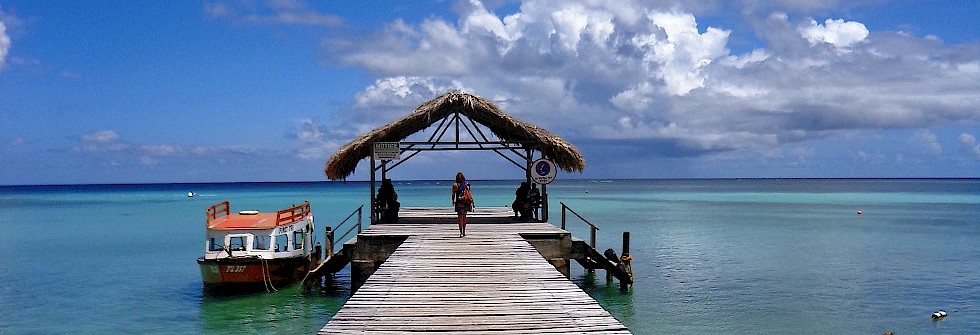 The famous thatch-roofed jetty, which juts out to the sea at Pigeon Point, Tobago. Photo: Jorge Maraima
The famous thatch-roofed jetty, which juts out to the sea at Pigeon Point, Tobago. Photo: Jorge Maraima
